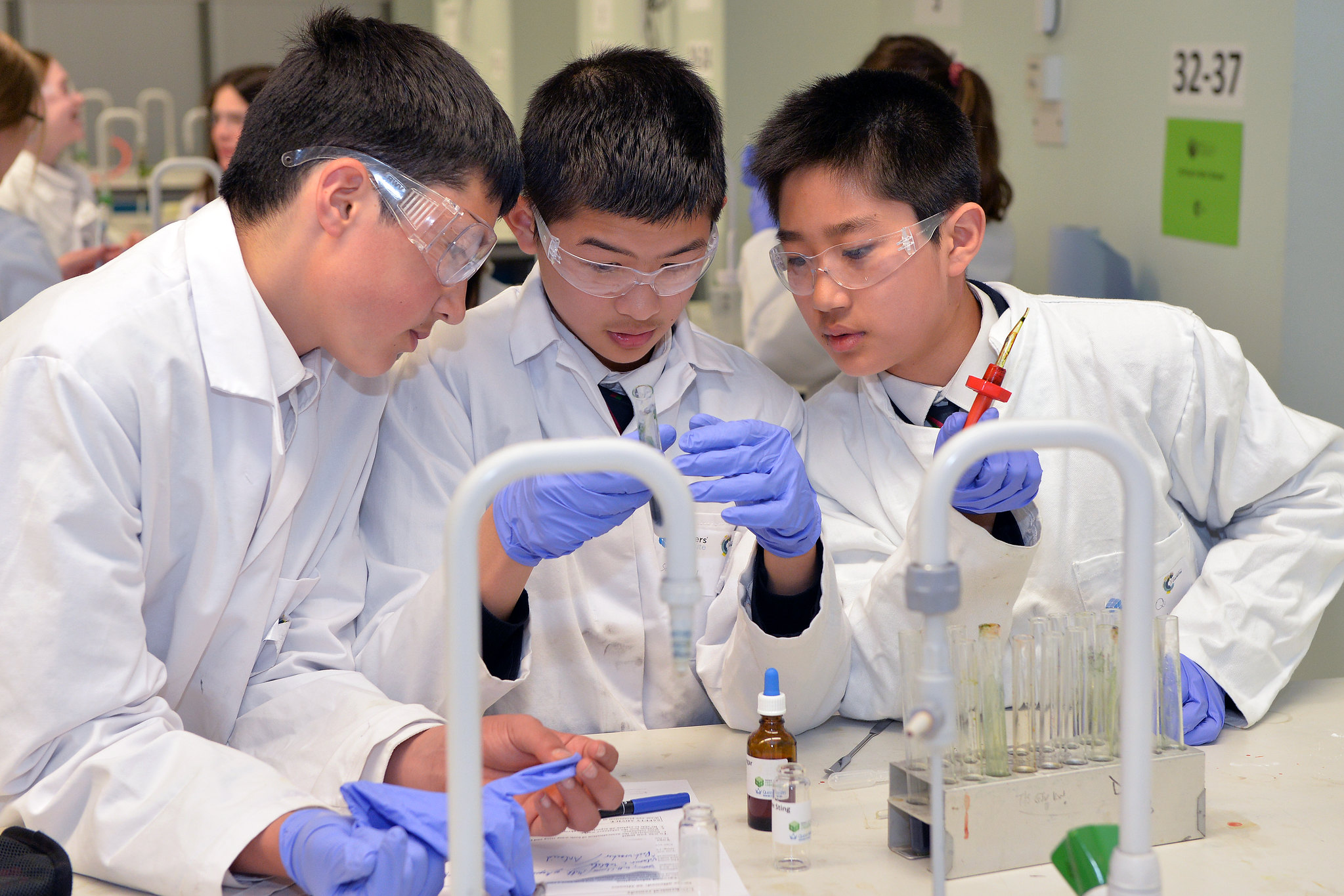The Department of Chemistry recognised as frontrunners in advancing Social Mobility
The Sutton Trust, along with the Institute for Fiscal Studies, have written a report exploring how social mobility varies by University, subject and at course level. Thanks to analysis by Dr Micheal O’Neill at the University of Oxford, it has emerged that the Department of Chemistry at Queen Mary University of London is leading the way on advancing social mobility.

The Sutton Trust works to promote access to higher education as a key instrument for improving social mobility. Their recent report ‘Universities and Social Mobility’ focuses on exploring how many young people, who grow up in economically disadvantaged groups, move into high income groups, and which higher education path they took. Universities contribute to social mobility through improving access rates, how many students from disadvantaged backgrounds get in, and improving success rates, how many become high earners as graduates.
The report looked at both access and success rates and used this to calculate overall social mobility. Of the 22 Chemistry Departments analysed QMUL has the highest access rate, and the best overall mobility rate, at 7.2%, with UCL coming second at 4.7%.
Most of the top-ranking institutions for social mobility were less selective universities in London. Therefore, QMUL stood out not just at course level, but at institution level, as the University with the highest social mobility overall. Queen Mary University of London has a social mobility score of 6.8%, showing that the Department of Chemistry really is leading in the push for equality within the institution.
We can see this through all the great work done by the Department this year. Highlights being the creation of more diverse curriculum linked resources for teachers to incorporate into their lessons, and work done to aid student’s lab-based learning in lockdown using smart glasses, holograms and other interactive features.
Dr Giorgio Chianello, Lecturer in Chemistry and Outreach Lead for the Department of Chemistry said: “Thanks to our rich offering of outreach activities which prioritise students from underrepresented minorities, low-income background and areas with historical low higher education participation, we continue attracting a diverse and vibrant community of students. This makes our campus an excellent environment to share ideas, collaborate and build a better and more inclusive society.”
Universities and Social Mobility Report - https://www.suttontrust.com/our-research/universities-and-social-mobility/
Universities and Social Mobility: Data Explorer - https://www.suttontrust.com/universities-and-social-mobility-data-explorer-rankings/
Analysis by Dr Michael O’Neill - https://www.michaeloneill.org/blog-1/2021/12/11/are-chemistry-degrees-advancing-social-mobility